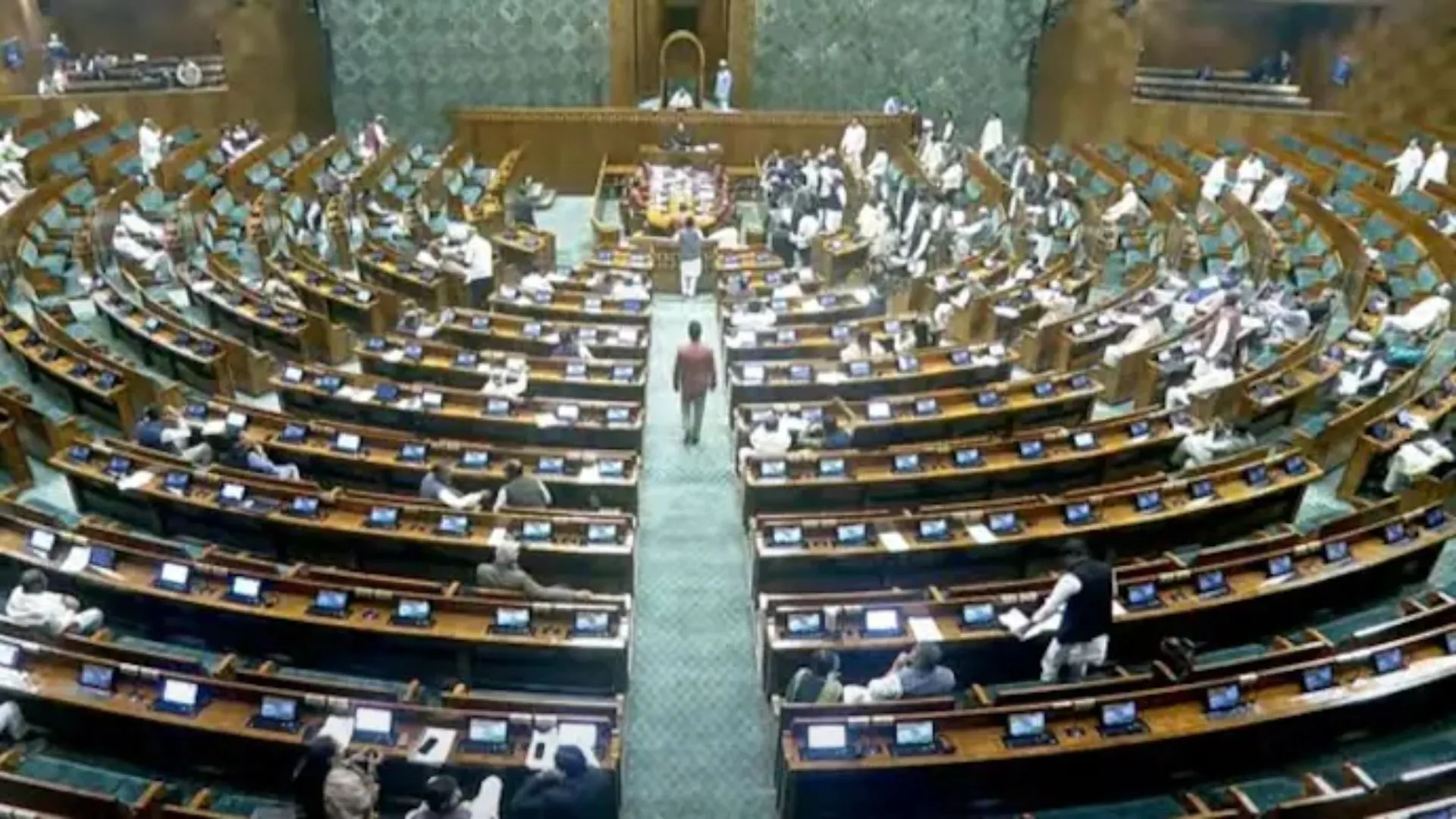A rapidly spreading brush fire erupted in the hills of Orange County, Southern California, on Monday afternoon, ballooning to nearly 2,000 acres within a few hours. The fast-moving blaze, named the Airport fire, prompted immediate evacuation orders for communities in its path as firefighters struggled to gain control.
Fire Breaks Out Near Irvine Amid Soaring Temperatures
The Airport fire ignited around 1:30 p.m., approximately 15 miles east of Irvine, California, near a remote-controlled model airplane airport. As flames spread, evacuation orders were issued for parts of Trabuco Canyon, a residential area nestled in the foothills of the Santa Ana Mountains. Nearby neighborhoods were also advised to prepare for possible evacuation as the fire continued to burn unchecked.
The fire’s rapid growth comes during an intense heat wave that has gripped Southern California, pushing temperatures into triple digits across the region. The scorching weather has created the perfect conditions for wildfires, with high temperatures and low humidity making firefighting efforts particularly challenging.
MUST READ: Germany Increases Border Checks Amid Migration And Extremism Concerns
Extreme Heat and Winds Fuel Fire’s Rapid Spread
In Trabuco Canyon, temperatures reached around 98 degrees on Monday, significantly above the seasonal average for early September. Samantha Zuber, a meteorologist with the National Weather Service in San Diego, noted that wind speeds in the area were approximately 15 miles per hour, further fanning the flames.
“The winds are expected to slow into the evening, but overnight temperatures will remain unusually high, unlikely to drop below 70 degrees,” said Zuber. She also indicated that similar weather conditions have been driving wildfires across the state all summer. “Unfortunately, temperatures won’t cool that much,” she added, underscoring the ongoing challenges.
The forecast offers a glimmer of hope, with temperatures in the fire zone expected to start declining on Tuesday, reaching a high of 95 degrees. A more significant cooldown is anticipated to begin on Wednesday, potentially aiding firefighting efforts in the coming days.
Challenging Terrain Hampers Firefighting Efforts
The Airport fire ignited in a rural area characterized by steep, brush-covered canyons, narrow roads, and scattered single-family homes. The region is popular among hikers and motorcycle enthusiasts but is also dotted with upscale gated communities, strip malls, and wide, well-maintained streets that contrast sharply with the rugged terrain.
Eric Nelson, president of Trabuco Flyers—a club that manages a nearby flying field for remote-controlled airplanes—reported that the fire appeared to have started on a neighboring property. Despite the field being spared so far, Nelson expressed concern about the unpredictable nature of the blaze.
“Let’s keep praying the wind doesn’t shift and start coming out of the east—then we’ll be in trouble,” Nelson said, noting that the extreme heat had already deterred people from visiting the flying field. “My goodness, we’ve had quite a hot spell.”
Nearby Fires Compound California’s Fire Season Challenges
The Airport fire is not the only blaze threatening California communities. In the San Bernardino Mountains, roughly 55 miles northeast of Trabuco Canyon, another fire that started on Thursday has grown to endanger over 33,000 structures and is currently only 5 percent contained.
Further complicating the situation, a major fire in Northern Nevada has prompted thousands of evacuations and forced the cancellation of a Harris-Walz campaign rally in Reno. Governor Tim Walz of Minnesota, who was scheduled to speak at the event, redirected his efforts to support emergency workers and volunteers on the ground.
Intense Heat and Overgrown Vegetation Fuel a Difficult Fire Season
California is experiencing a particularly severe fire season, exacerbated by two consecutive wet winters that led to abundant vegetation growth statewide. As summer temperatures soared, the once-green grasses and brush turned into tinder-dry fuel, primed for ignition.
The Park fire, which began on July 24 in Chico, California, has already grown into the fourth-largest wildfire in the state’s history, scorching more than 429,000 acres. According to the California Department of Forestry and Fire Protection, this single blaze has consumed more land than all of last year’s wildfires in California combined.
With extreme weather conditions forecast to persist, firefighters are bracing for what could be a prolonged battle against one of the most challenging fire seasons in recent memory. The situation remains fluid as emergency crews work tirelessly to protect homes and lives in the path of the flames.























